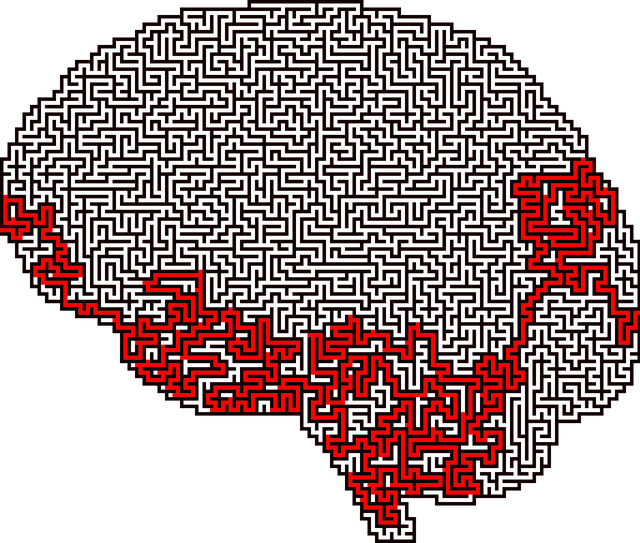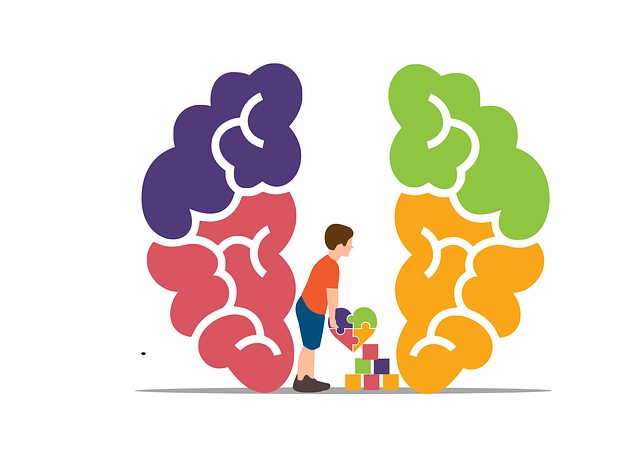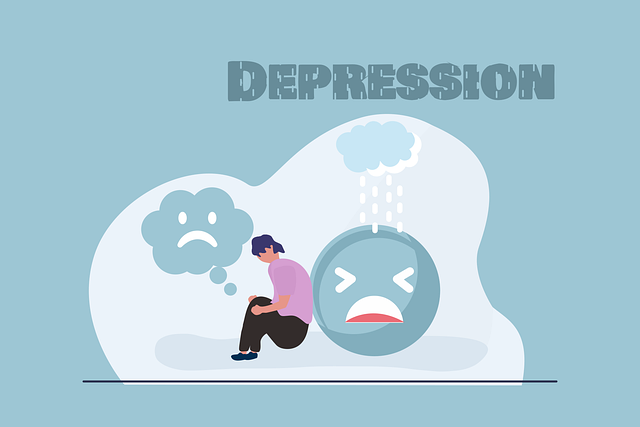In today's digital era, rising demand for mental wellness coaching addresses critical issues like child abuse in Greenwood Village. Programs like Greenwood Village Child Abuse Therapy offer personalized, accessible stress management workshops and supportive environments, empowering individuals to take charge of their emotional well-being. Their multi-faceted approach combines individual therapy, group support, and public awareness, emphasizing trauma care, self-care practices, and community resilience. By integrating evidence-based practices with community involvement, these initiatives revolutionize mental health services, building stronger, more supportive communities for vulnerable populations.
Mental wellness coaching programs are gaining traction as a crucial tool for addressing the growing mental health crisis. This article explores the development of such programs, highlighting the critical need for support in this area. We delve into the profound impact of childhood trauma and abuse on mental health, illustrated by a case study of Greenwood Village Child Abuse Therapy. Additionally, we provide insights into designing effective coaching interventions for vulnerable populations and share strategies for successful implementation and evaluation in community settings.
- Understanding Mental Wellness Coaching: A Growing Need
- The Impact of Childhood Trauma and Abuse on Mental Health
- Greenwood Village Child Abuse Therapy: A Case Study
- Designing Effective Coaching Programs for Vulnerable Populations
- Implementing and Evaluating Success in Community Settings
Understanding Mental Wellness Coaching: A Growing Need

In today’s fast-paced world, the demand for mental wellness coaching is on the rise, addressing a growing need within communities, especially in areas like Greenwood Village where child abuse therapy services are crucial. Mental wellness coaches play a vital role in guiding individuals towards improved emotional well-being promotion techniques and stress management workshops organization. They provide a supportive environment to help clients navigate life’s challenges, fostering resilience and coping strategies.
With the increasing awareness of mental health importance, these coaching programs offer accessible and personalized approaches to stress management. By incorporating various Emotional Well-being Promotion Techniques, coaches empower individuals to take charge of their mental wellness. This trend towards holistic well-being is reshaping support systems, ensuring that people have access to resources that enhance not just survival but also the quality of life.
The Impact of Childhood Trauma and Abuse on Mental Health

Childhood trauma and abuse can have profound and lasting effects on an individual’s mental health. According to research, those who experience adverse childhood experiences (ACEs) such as physical or emotional abuse, neglect, or household problems, are at a higher risk of developing various mental health disorders later in life. The brain develops significantly during childhood, and traumatic events can disrupt this process, leading to long-term challenges with mood regulation, stress management, and overall well-being.
Greenwood Village Child Abuse Therapy focuses on helping individuals heal from these early experiences and build resilience. By fostering Mental Health Awareness, therapists employ evidence-based practices to support clients in developing Self-Care Practices that promote Anxiety Relief. Through individualized coaching and a safe, supportive environment, individuals can process trauma, develop healthy coping mechanisms, and regain a sense of control over their lives.
Greenwood Village Child Abuse Therapy: A Case Study

Greenwood Village Child Abuse Therapy offers a compelling case study for understanding the critical role that specialized mental wellness coaching programs can play in recovery and resilience. This unique initiative focuses on addressing the profound emotional impacts of child abuse, leveraging evidence-based practices to facilitate healing among children and their families. By integrating trauma-informed care with personalized coaching strategies, the program aims to empower participants to overcome adversity and foster healthy coping mechanisms.
Through a multi-faceted approach that includes individual therapy sessions, group support networks, and public awareness campaigns development, Greenwood Village targets not only immediate emotional healing processes but also long-term depression prevention. The success of this model lies in its holistic perspective, acknowledging the interconnection between mental wellness, community support, and societal attitudes towards sensitive issues like child abuse. This case study highlights the potential for such tailored programs to revolutionize mental health services and significantly contribute to building resilient communities.
Designing Effective Coaching Programs for Vulnerable Populations

Designing effective coaching programs for vulnerable populations requires a nuanced approach that addresses specific needs and challenges. It’s crucial to involve community stakeholders, including survivors of trauma or those at-risk, in the program development process. This collaborative strategy ensures that the coaching interventions are culturally sensitive, relevant, and tailored to address unique barriers these populations may face, such as past experiences with abuse or systemic injustices. Incorporating evidence-based practices from fields like Greenwood Village Child Abuse Therapy can enhance the program’s effectiveness while prioritizing safety and ethical considerations.
The structure of coaching programs should emphasize ongoing support, adaptability, and confidentiality to foster trust. Risk Management Planning for Mental Health Professionals is essential to navigate potential challenges, including self-care for coaches and managing high-risk clients. Conflict Resolution Techniques can also be integrated into the coaching process to help individuals resolve internal conflicts or external issues that may hinder their mental wellness journey. Additionally, incorporating a Mental Wellness Podcast Series Production element can provide accessible learning resources for both coaches and clients, enhancing engagement and knowledge retention.
Implementing and Evaluating Success in Community Settings

Implementing mental wellness coaching programs in community settings requires a strategic approach to ensure their effectiveness and sustainability. Greenwood Village Child Abuse Therapy, for instance, has pioneered models that integrate coaching into existing support services, fostering collaboration with local organizations and healthcare providers. This collaborative approach not only increases accessibility but also allows for tailored interventions that address the unique needs of diverse communities.
Evaluating success involves a multi-faceted approach, encompassing both qualitative and quantitative data. Measuring participant outcomes, such as improved coping mechanisms and enhanced life satisfaction, is crucial. Additionally, Risk Management Planning for Mental Health Professionals plays a vital role in ensuring safety and ethical practice. Regular reviews, informed by Trauma Support Services and Mental Health Policy Analysis and Advocacy, help refine programs, promoting continuous improvement and ensuring they remain responsive to evolving community needs.
Mental wellness coaching programs, as illustrated by the case study of Greenwood Village Child Abuse Therapy, have a profound potential to revolutionize support for vulnerable populations. By understanding the impact of childhood trauma and designing effective, tailored interventions, we can create transformative experiences that enhance mental health outcomes. As these programs gain traction in community settings, continued evaluation and refinement will ensure their success in addressing a growing need for accessible, compassionate care.














